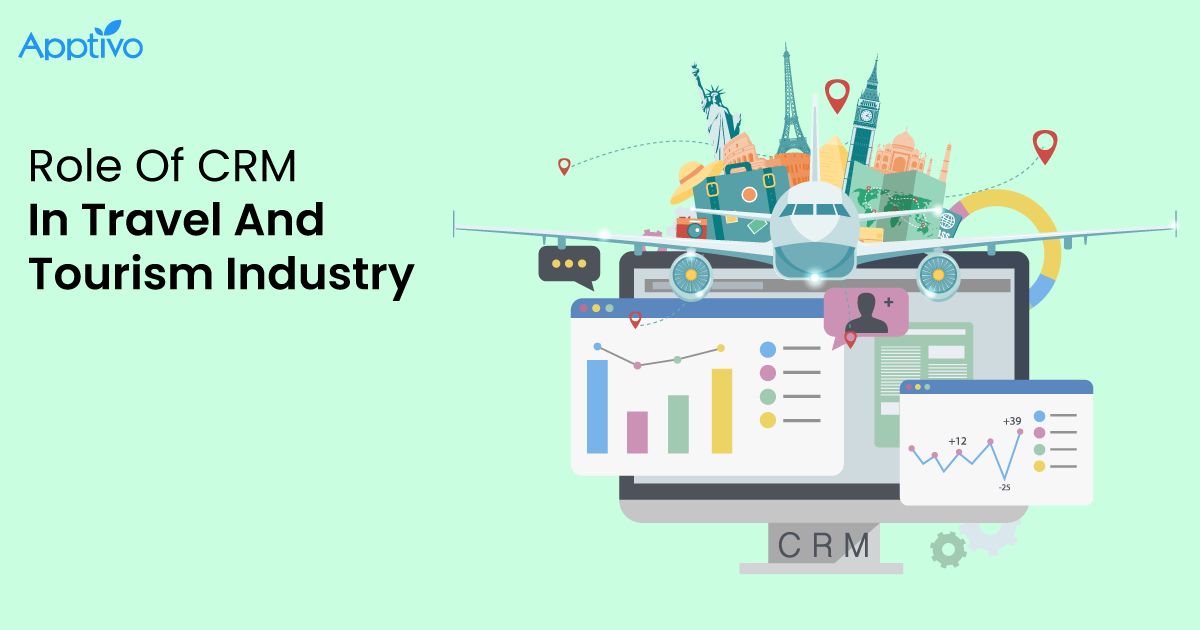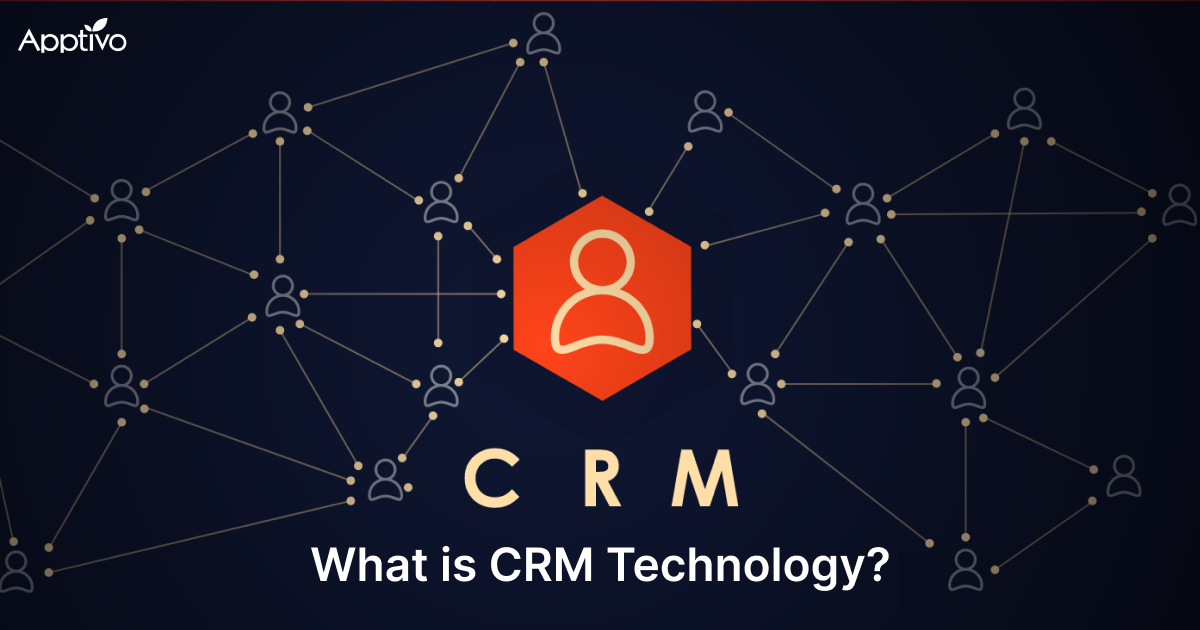 |
Introduction
E-commerce has brought about a radical change in how we do business. In a traditional model, the customers find businesses and contact them. They used to find businesses from directories and word of mouth recommendations from people they know, and reached out to the businesses. So, in order to bring new customers, it was enough to serve the existing customers well and maintain a good reputation for customers to recommend your business to others. In contrast, e-commerce businesses have to actively find leads, establish contact, conduct marketing exercises, communicate with the leads and bring them into the sales funnel, assign sales personnel to assist them and guide them towards making a purchase. It is evident that communication with the customer plays an important role in the growth of an e-commerce business. So, maintaining customer information, keeping their contact details updated and recording important information are crucial for your e-commerce business.
What is a contact?
A typical contact that needs to be stored and managed may be a lead – someone who shows interest in your products and your brand, or a customer – a lead that made a purchase. A lead or a customer is not necessarily always an individual; it can also be an organization. In order to store a contact, organize all the information and record all the interactions related to the contact, you need a dedicated system.
What is contact management?
Contact management is the process of saving the contact details of individuals and recording all related information to the respective contact. By recording everything related to a contact under one profile, it is possible to look up any of that information and interactions quickly and further leverage that data to make your processes and day-to-day operations efficient.
The data captured under contact management may include:
- Name
- Primary address and secondary address
- Billing address
- Personal phone number and official phone number
- Position/role in the company
- Name of the company
- Quotations, order information, sales history
- Name of the sales executive assigned for this contact
- Previous communication and mode of communication
- Last communicated date
- Next scheduled communication date
Contact management for SMB with a simple database file
A small organization or a start-up can do contact management in a simple database file created with spreadsheet software. However, manually managing contacts using such a simple database file has many disadvantages.
Entering and updating all that information in a simple database can be error-prone and time consuming.
The data in a database file may remain in silos, i.e. each department/process may update/create contacts in their own operations in separate databases. The information will remain fragmented, and most likely within their team. There is little scope of having all that information from different departments under a single profile.
There is no way to automatically synchronize contact databases across departments, as there is no centralization. The updates to the contact information by one department may not be accessible to another department. As a result, every department/process works with incomplete contact data.
It is impossible to infer additional insights about the contacts that can help with sales conversion and improvement in efficiency.
All these drawbacks necessitate a dedicated contact management system to organize customer data and leverage it to improve the processes and overall efficiency.
What is Contact Management Software ?
Contact management software is a dedicated software suite for centralized management of contacts. These contact management tools help you organize all the collected information from every customer and store them under their respective unique profiles. It lets employees from various departments carry out different operations efficiently using the same customer information.
Contact management software makes it possible to connect with the leads and customers easily, schedule tasks related to communicating with customers, record interactions, and search for and find all these information with ease. By making it possible for businesses to leverage contact information in ways that expand the scope of communication, contact management software improves customer engagement, which is key to finding more customers and retaining existing customers.
Advantages of contact management software
Contact management software has distinct advantages over manual contact management using a spreadsheet database.
1.Contact management software brings all the data, including contact information of a customer and various interactions with him/her under one unified customer profile. So there is no fragmentation of customer data.
2.The customer information is centralized and is accessible to all the departments. They can leverage up-to-date data to make their processes and operations efficient.
3.Contact management software, in addition to storing contact information, provides detailed insights on the customer information, enabling you to take some key decisions with regard to communicating with the customers.
4.Contact management tools organize all your contacts and make it easy for you to find a customer information that you are looking for.
5.They help you track customer interactions, schedule next call/communication, and follow-up with customers in a timely manner to increase engagement levels.
Limitations of contact management
The contact management software expands the functionality of a contact book and helps organizations understand customers better and leverage data from a single centralized location so that all the departments can see, update and process unified data. However, it has some limitations.
1.It acts as a standalone system dedicated to contact management. This makes it an additional software amongst all other business systems. Though it can record interactions, it does track the customers throughout the customer journey. It merely captures isolated interactions.
2.It lacks the automation capabilities that could help various departments leverage data to boost sales conversion, implement targeted marketing initiatives and improve customer service operations.
3.The sales, marketing and customer support staff need to search for customer information and find what they are looking for. The system does not automatically pull relevant data from customer profiles to equip your teams with the right information when they contact a lead/customer.
4.Contact management software mainly focuses on managing contacts and organizing customer information. It is not designed for delivering a great customer experience throughout their e-commerce journey, which is paramount to growth and success of businesses today.
Customer relationship Management
Customer Relationship Management (CRM) emerged to address the shortcomings of contact management. In addition to managing contacts and customer information, CRM also helps your organization maintain a good relationship with your customers by ensuring a smooth customer journey and timely communication. Customer Relationship Management achieves it through automation and expanded functionality that makes sales, marketing and customer service a lot easier and faster. In a fast moving business scenario, being proactive, periodically communicating with customers with the right message at the right time, and serving and resolving issues instantaneously by keeping all relevant information before even starting an interaction go a long way in delivering better customer experience. CRM enables that.
CRM Vs. Contact Management
How is Customer Relationship Management different from contact management?
Customer Relationship Management and contact management have some similarities, but CRM is far more capable with more advanced features.
1.CRM can collect a lot more customer information: When you have adopted an omni-channel strategy, you may get leads from multiple channels, and customers may choose to interact with you in any of those channels. CRM software collects all those leads, stores every information and records interaction from every customer from every single channel, and consolidates them under a single customer profile.
2.CRM system can continuously track customer activity: CRM system tracks all the activities of the customers and records all their interactions. These vast amounts of information help to build a customer profile, complete with their preferences, products they are interested in, products they are looking for, their purchase history, etc. With continuous tracking, all these information are also updated in the customer information continuously.
3.CRM system helps businesses customize communication: Collecting vast amounts of data and understanding customers help to categorize the leads, customize marketing communication according to their preferences and interests, personalize the messages in the emailers and content, and provide personalized product recommendations based on their search history and product interests.
4.CRM provides real-time data: Since CRM software is mostly cloud-based, any update to a particular customer’s information will get reflected instantaneously to anyone else who is accessing the same information. This provides all the teams who work from multiple locations with the latest, real-time information.
5. CRM is flexible and expandable: CRM offers third-party integrations to expand the functionality and to work with other business systems to make the operations across the organization fast and efficient. These integrations can empower your employees and enable them to do more.
6. CRM software automates tasks and makes work easy: in addition to automated tracking of customers, CRM software brings other automations as well, such as alerting the sales team on customer activities on site, managing lead status, adding date and time stamps to track communication and schedule appointments, etc.
7. CRM makes relevant data easily accessible and more usable: CRM acts as a complete repository of customer information, which can be used by teams to make work easy and more efficient. For instance, when a customer contacts customer support, the executive can instantly pull out relevant data from the customer’s profile such as ordering information, purchase history, past interactions, etc., provide better answers for the customer’s queries and address grievances in a far better way, leading to customer satisfaction.
8. CRM system promotes collaboration: CRM system lets sales and marketing teams work together to communicate with leads, bring them into the sales channel, provide customers with essential information and achieve sales conversion. By working together to personalize communication for every customer, marketing and sales personnel can use the CRM system to ensure a seamless customer journey.
9. CRM system enables customer engagement: One of the main benefits of having a Customer Relationship Management system is its ability to segment the leads, customize communication for each segment and send personalized emailers. In addition to conducting marketing campaigns, CRM systems provide you with the vital insights on click through ratio, customer interactions with the content in the email, etc., to track the performance of your marketing campaigns and determine their effectiveness.
10. CRM system lets you make data-driven business decisions: CRM system provides you with tools for analytics. With these advanced analytics and insights, you can measure your key metrics and KPIs. Based on your inferences and findings, you can take business critical-decisions and make your business completely data-driven.
When should you upgrade your contact management system into a CRM system?
If you are running a small business or if you are running a start-up, then you can start your contact management with the contact management software. Once you have your first few customers, and when you are ready to expand your business and do more in terms of lead generation, designing a customer journey, creating a great customer experience through personalized communication, shortening your sales cycle, increasing your conversion rate, and equipping your sales, marketing and customer support teams with data-driven interactions and customizations, then you can start looking for a Customer Relationship Management software that suits your business. Asking yourself the following questions and finding answers for them can help you decide when you need a dedicated CRM system or not.
1.Can you manually enter and update contact information, and maintain customer profiles without any difficulty?
2.How many customers who make repeated purchases do you have?
3.Do you want to have a more detailed customer profile and record customer activities and interactions?
4.Does your sales cycle take too long to achieve conversion?
5.Is it extremely important for your business to collect as many quality leads as possible?
6.Do you have an omni-channel strategy?
7.Are you planning to continuously follow up with your leads with customized communication?
8.Are you planning to expand your operations in the near future?
FAQs
Contact management in CRM is the process of collecting leads, managing contacts and customer information, and leveraging all that data to customize communication with customers to maintain a good relationship and ensure a smooth customer journey.
Contact management in CRM enables advanced functionality with regard to leveraging data for sales, marketing and customer support. It also helps to track every customer and understand their preferences.
The purpose of Contact management is to save, organize and retrieve all the contact details of individuals to communicate with customers in a timely manner and engage with them better.
Latest Blogs

Role Of CRM In Travel And Tourism Industry
Travel and tourism have been a significant part of everyone’s life since the ancient period. When we skim through the pages of history, It should be noted that humans were initially nomads before they became settled in one place. They...
Read more →
WHAT IS CRM TECHNOLOGY?
Introduction CRM is a technology that helps manage the entire customer information and interactions in order to build and maintain superior customer relationships. The CRM solution replaces spreadsheets and other different applications, which makes it easy for the businesses to...
Read more →
Everything you need to know about the Annual Maintenance Contract!
1. What is an Annual Maintenance Contract? 2. Benefits of Maintenance Contracts 3. How can Apptivo CRM help you manage maintenance agreements and vendors? 4. Summary Think about getting the confidence that the machinery is well-maintained and performing optimally, without...
Read more →
